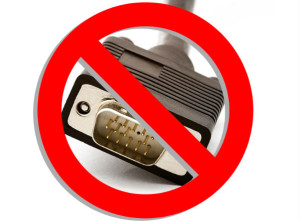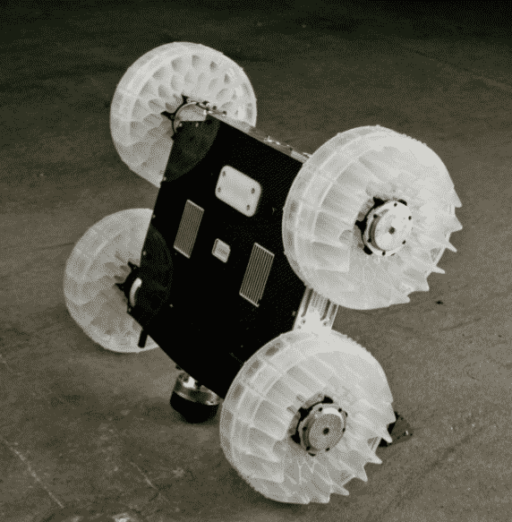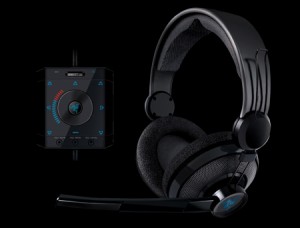DARPA-funded prosthetic arm reaches phase three, would-be cyborgs celebrate…..
The Defense Advanced Research Projects Agency (DARPA) has awarded a contract for up to $34.5 million to The Johns Hopkins University Applied Physics Laboratory (APL) in Laurel, Md., to manage the development and testing of the Modular Prosthetic Limb (MPL) system on human subjects, using a brain-controlled interface.
APL scientists and engineers developed the underlying technology under DARPA’s Revolutionizing Prosthetics 2009 program, an ambitious four-year effort to create a prosthetic arm that would by far eclipse the World War II era hook-and-cable device used by most amputees. The program has already produced two complex prototypes, each advancing the art of upper-arm prosthetics.
Last we heard from Johns Hopkins University’s Applied Physics Laboratory, it wanted a neurally-controlled bionic arm by 2009. Needless to say, the school overshot that goal by a tiny bit, and have now been beaten (twice) to the punch. But DARPA sees $34.5 million worth of promise in their third and final prototype, which will enable the nine pound kit (with 22 degrees of freedom and sensory feedback) to begin clinical trials.
The team will develop implantable micro-arrays used to record brain signals and stimulate the brain. They will also conduct experiments and clinical trials to demonstrate the ability to use implantable neural interfaces safely and effectively to control a prosthesis, and optimize arm control and sensory feedback algorithms that enable dexterous manipulation through the use of a neuro-prosthetic limb.
Both Pittsburgh and CalTech have conducted research using chips with hair-like electrodes to record neurological signatures in the brain. Last year, in an independent effort, Pittsburgh showed that a pair of macaque monkeys with tiny chips implanted in their brains could operate a robotic arm just by thinking about it. Wires carried the signals through the skull, and then computer software converted these signals into robotic arm movements.
Rechristened the Modular Prosthetic Limb, it will be grafted onto as many as five real, live persons, the first within the year. Using the targeted muscle reinnervation technique pioneered at the Rehabilitation Institute of Chicago, patients will control these arms directly with their thoughts, and for their sakes and the fate of humanity, hopefully not the other way around. Press release after the break.
Resource :engadget.com





